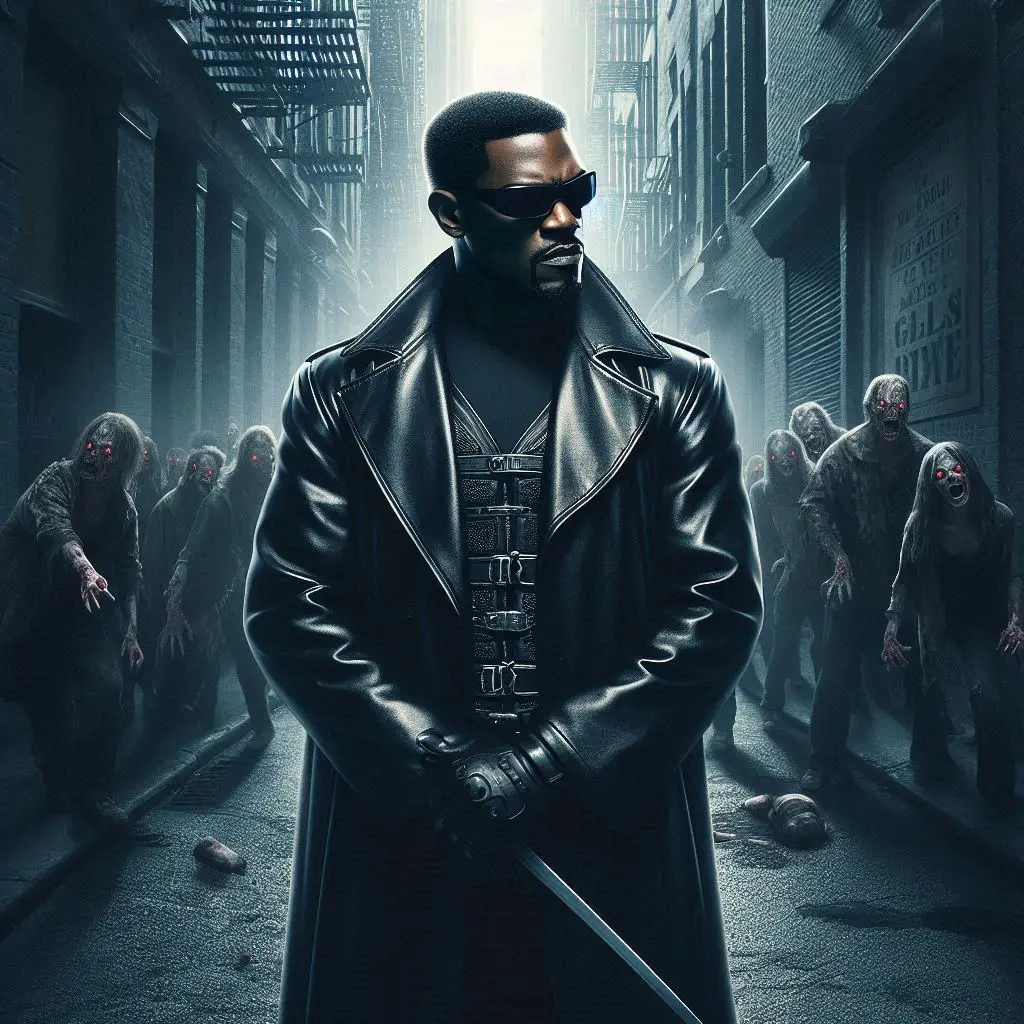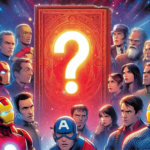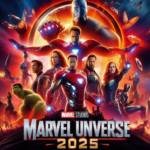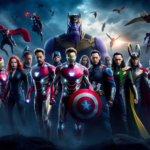Blade, starring Wesley Snipes, revolutionized the superhero genre and laid the foundation for future Marvel films. However, Steven Norrington, the director behind the success of Blade, never joined the Marvel Cinematic Universe (MCU). While Blade’s influence on the superhero landscape is undeniable, the man responsible for its success chose to walk away from the very genre he helped create.

Blade’s Legacy in Marvel’s Cinematic History
Blade, released in 1998, became the first real box-office hit for Marvel, proving that even lesser-known characters could carry a film, much like DC’s Batman and Superman. As a fan of comic books, I always admired how Blade showcased Marvel’s potential. It paved the way for future successes like X-Men (2000) and Spider-Man (2002). The question remains—why did Steven Norrington, the film’s director, never return to the superhero genre?
Norrington’s Impact and Departure from the Genre
After Blade, Norrington became one of Hollywood’s most sought-after directors. He was offered projects such as The Avengers and The Hulk. Yet, despite the fame and fortune awaiting him, Norrington stepped away. According to Entertainment Weekly, Peter Frankfurt (producer), Wesley Snipes (star), and David Goyer (screenwriter) discussed why Norrington chose to turn down such major opportunities. The reason? Norrington was driven by his artistic vision rather than commercial gain.


As Wesley Snipes said in an interview with EW, “He [Norrington] makes all those DC movies look like amateur hour when he gets behind the camera.” Norrington, however, prioritized his creative freedom over monetary success. Stephen Dorff, who played the villain Deacon Frost, added, “He cares more about his art and making something he wants to make, which is admirable because a lot of people just take the money and do what they’re told.”
This passion for art over fame has kept Norrington away from the MCU and other big-budget films. Today, he works on passion projects, including a movie he’s making at home using miniatures, which could take a decade to complete.
Blade’s Influence on the MCU and Modern Superhero Films
Marvel owes much of its cinematic success to Blade. Without it, we might not have seen X-Men, Fantastic Four, or even the Avengers assemble. Blade proved that comic book movies had a place in mainstream cinema. For me, the gritty, darker tone of Blade was what set it apart and made it so influential.
Even though Blade’s success is clear, the reboot of the film within the MCU has faced significant delays. Despite Mahershala Ali being cast as the new Blade, fans are still waiting for any concrete developments. Ali’s only involvement in the MCU so far has been a voice cameo in Eternals (2021), and as of 2024, the reboot appears indefinitely stalled. Rumors suggest difficulties behind the scenes, including issues between Ali’s representatives and Disney.

The Future of Blade in the MCU
As a fan, it’s disheartening to see such delays and lack of clarity. The absence of updates from Disney, despite fan anticipation, only adds to the uncertainty. With each D23 Expo and Comic-Con passing without significant Blade news, fans are left wondering if the character will ever make his MCU debut.
For those who want to relive the original, Blade, Blade II, and Blade: Trinity can be rented or purchased on platforms like Apple TV. Let’s hope that the MCU can someday live up to the legacy that Steven Norrington and Wesley Snipes created.
Conclusion
The story of Blade goes beyond its box office success. It’s a film that redefined the superhero genre and proved that Marvel characters could carry movies just as well as their DC counterparts. Yet, its director, Steven Norrington, has chosen to stay out of the MCU, focusing on projects he’s passionate about rather than blockbuster films.
The delays surrounding the MCU’s Blade reboot only add to the legacy of the original film. Perhaps the reboot, when it finally arrives, will be able to capture the same magic. Until then, the original Blade remains one of the most influential superhero films of all time.
External Links:






